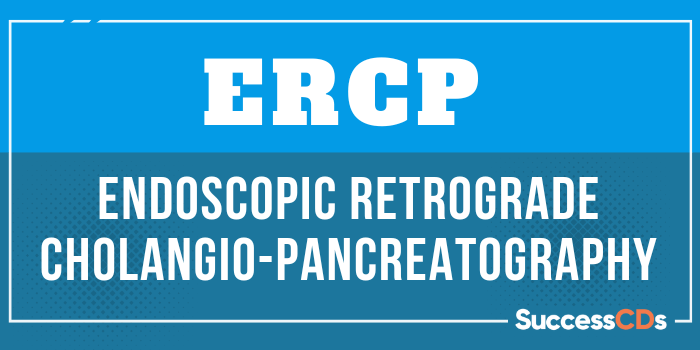
The Full form of ERCP is Endoscopic Retrograde Cholangio-Pancreatography. ERCP is a diagnostic procedure designed to examine diseases of the liver, pancreas and bile ducts. In a wider form, ERCP is a diagnostic test to examine the duodenum (the first portion of the small intestine), the papilla of Vater, the bile ducts, and the gallbladder and pancreatic duct. Bile ducts are tubes that carry bile from liver to gallbladder and duodenum. Pancreatic ducts are tubes that carry pancreatic juice from pancreas to duodenum. Small pancreatic ducts empty into the main pancreatic duct. Common bile duct and main pancreatic duct join before emptying into your duodenum. Doctors perform ERCP when a patient’s bile or pancreatic ducts have become narrowed or blocked because of infection, acute pancreatitis, chronic pancreatitis, trauma or surgical complications in bile or pancreatic ducts, gallstones that form in gallbladder and become stuck in common bile duct, pancreatic pseudocysts, tumors or cancers of the bile ducts and pancreas. After ERCP, you can expect bloating or nausea for a short time after the procedure, a sore throat for 1 to 2 days. Patient can go back to a normal diet once his swallowing has returned to normal.